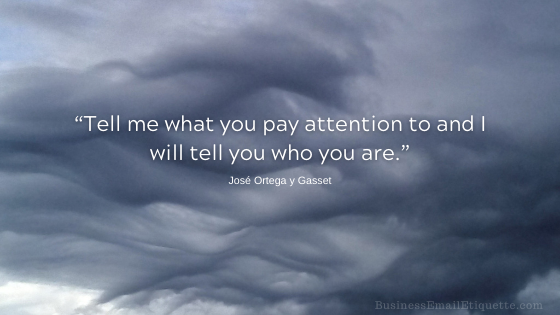Angry Business Emailers (Flamers)

Flaming was initially a term used to describe what would happen if you broke established online guidelines. Being “flamed” describes the type of emails you could expect to receive, pointing out the error of your ways.
When used as a verb, “Flaming” is online slang for when an onliner “sends an angry, critical, or disparaging email.” Back then, you were flamed for what today would be considered benign issues—things like breaking forum rules because it was clear you didn’t take the time to read them.
Then there are and always will be trolls. You know, those who post nasty, accusatory, or controversial things to get people to react. Let the flame wars begin!
Email Flaming Today
This year has taken “flaming” to a whole new level. It is almost like there are no rules, even in business emails. You can type, accuse, and make any statement without accountability, regardless of the facts or feelings of the person on the other side.
I have personally experienced this in my businesses. And no matter how nasty, misinformed, or upset the person is, I take the high road. True professionals know there is no circumstance in business communications to flame another contact. Ever.
Remember, your business email address represents your brand. If you get so upset with someone that you send an email that could be categorized as a flame, hit delete.
Yes, delete. This will ensure that you have to start from scratch when calmer heads can prevail and wait until you cool off to respond, if at all. There are times when there is no constructive reason to respond.
Terse emails are becoming increasingly common in our go-go-go business world, where we don’t have enough time in a day. In some cases, the senders are not even aware of how terse their tone is.
Publicly or privately, chances are you may receive emails or posts from those who are stressed, uninformed, disorganized, or simply lack professionalism in their business communications.
How do you respond to a flamer – if at all?
Remember that saying, “If you don’t have anything nice to say, then don’t say anything at all”? This statement should be your guide. Not just when creating responses to business flamers specifically but all your email in general.
If you are flamed, it could be that the sender is taking that approach because they are having a bad day or misunderstood something you typed. Sadly, they could just be plain jerks.
Regardless of why someone may send you an ornery email or response, never respond in kind. Be better than that and reply courteously, factually, and void of unnecessary adjectives and emotion.
Social Media Flaming
There is no reason to flame anyone ever. Caring, educated communicators do not behave in this manner. But we see it all the time, don’t we?
Even if you communicate this way just on your personal social accounts, don’t think clients or customers won’t notice. It’s common for folks to investigate and search for those they want to trust with their business.
When social media started, it was just for fun. It is serious business and an arena in which you must carefully manage your personal and professional profiles.
When You Do Mess Up
If someone with less class feels the need to flame you for an error or mistake you made, simply offer your humble apology. The last thing you want to do is flame back when you are in the wrong.
With folks like that, you risk the back-and-forth continuing, not to mention the possible increased tarnishing of your business image.
Those who flame do so to get a reaction from you or, at the very least, make you feel bad. Don’t add fuel to that flame.
If you were wrong, apologize — and the flame goes out. If someone is rude, don’t give them the oxygen that flame needs to stay ignited by responding.
Always take the high road when faced with rude, harsh, or indelicate emails from online contacts, coworkers, or business associates. If you must reply, do so in a non-emotional, professional manner.
You may be surprised at the pleasant response you will receive. If not, you can hold your head high, knowing you portrayed yourself and your business in a professional light.








